Precision Agriculture
Precision agriculture, also known as precision farming is the future for agricultural. For HiPics, the DJI T-25 spray drone is at the leading edge of this movement. It has an advanced GPS and dual radar technology that allows for pinpoint accuracy when spraying and spreading materials on the fields.
This precision leads to healthier crops, higher yields and greater profitability.
Benefits Drones Bring…
- Aerial Spraying
- Greenhouse Shading
- Plant Health Assessment
- Seed and Fertilizer Spreading
- Crop Monitoring
- Irrigation and Drainage Analysis
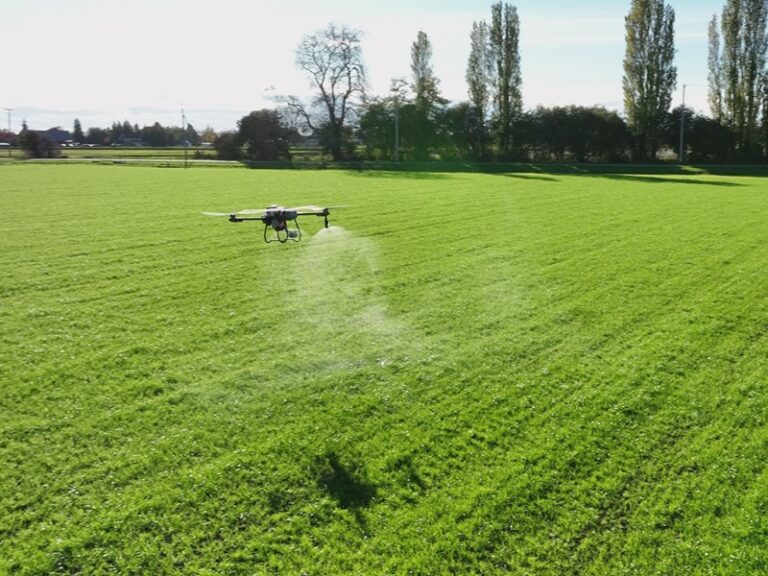
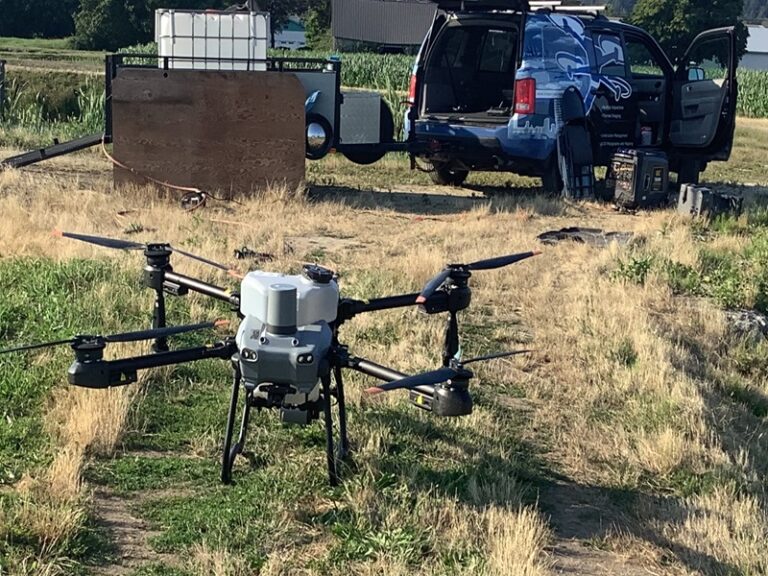
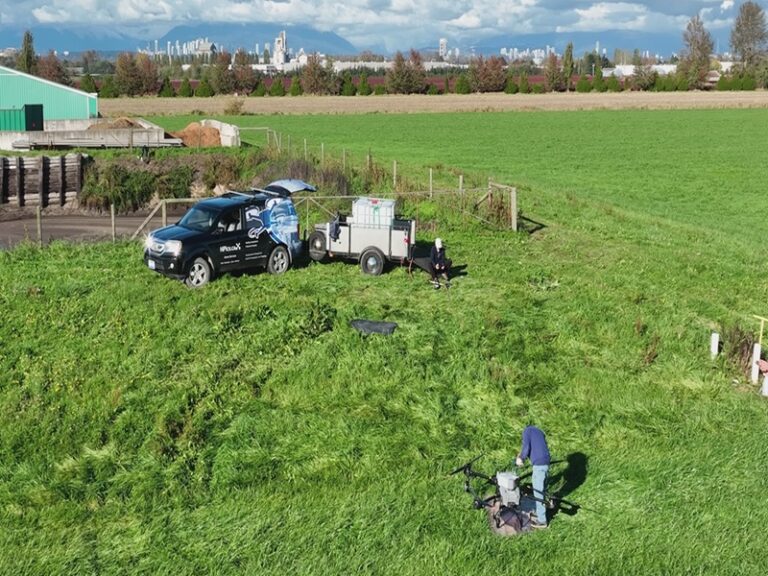
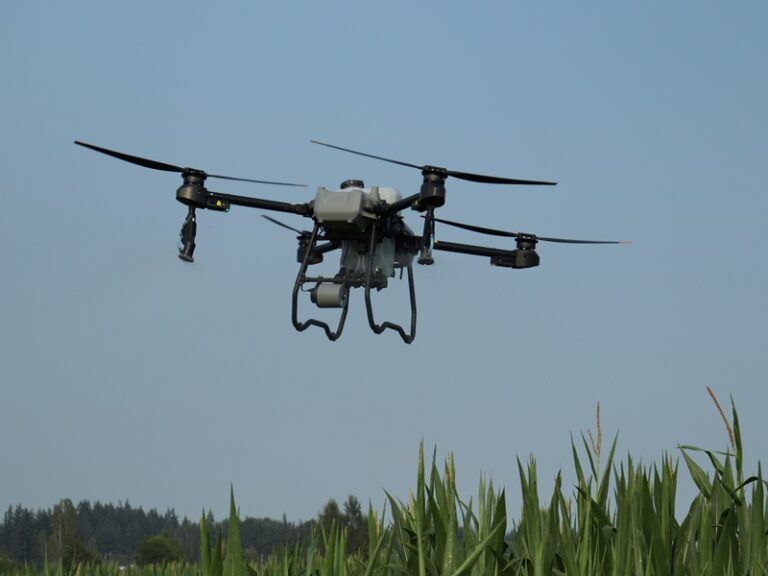
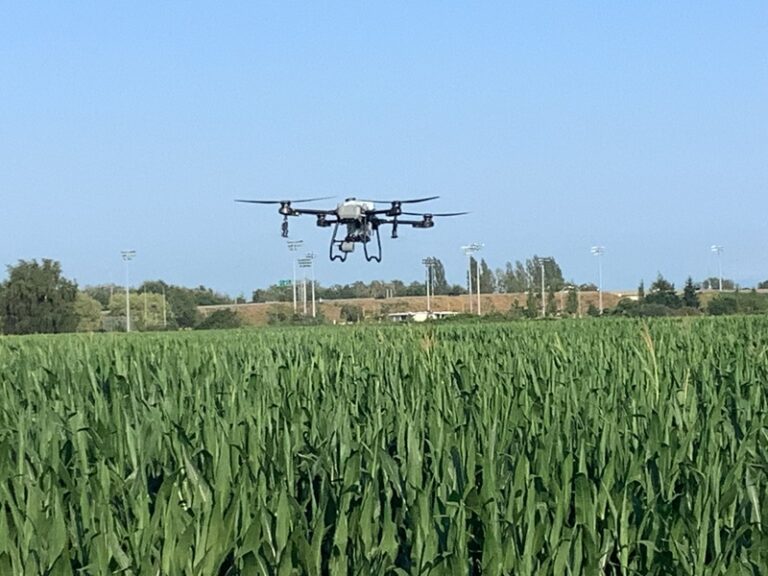
Aerial Spraying
Our DJI Agras T-25 drone is equipped with an atomizer spray system that applies organic liquid products and fertilizers precisely where they are needed.
Aerial spaying from drones reduces the overall use of both water and chemicals, and completely eliminates the compaction of the soil and the resulting crop damage.
Covering between 10-20 acres per hour, the T-25 agriculture spray drone is helping farmers a save time and money when managing their field crop requirements.
Seed and Fertilizer Spreading
Seeding by drone is an extremely cost-effective solution for aerial seeding.
One of the main reasons farmers never consider cover crops in their rotation is because the standing crop prohibits the planting of them.
With a drone, a cover crop can be seeded into any standing crop, regardless of it’s current height.
And drones do not compact the soil at all. Each time a tractor crosses the ground, crop yield is reduced due to soil compaction – drones take this risk away completely.
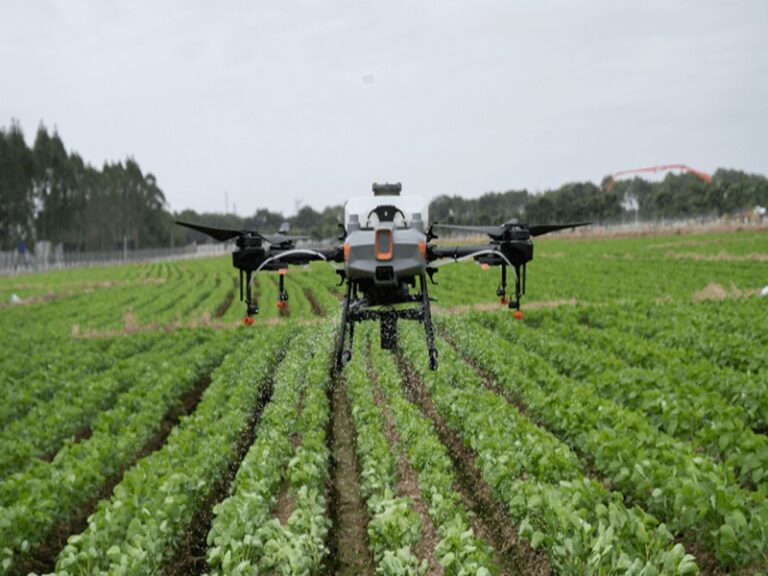
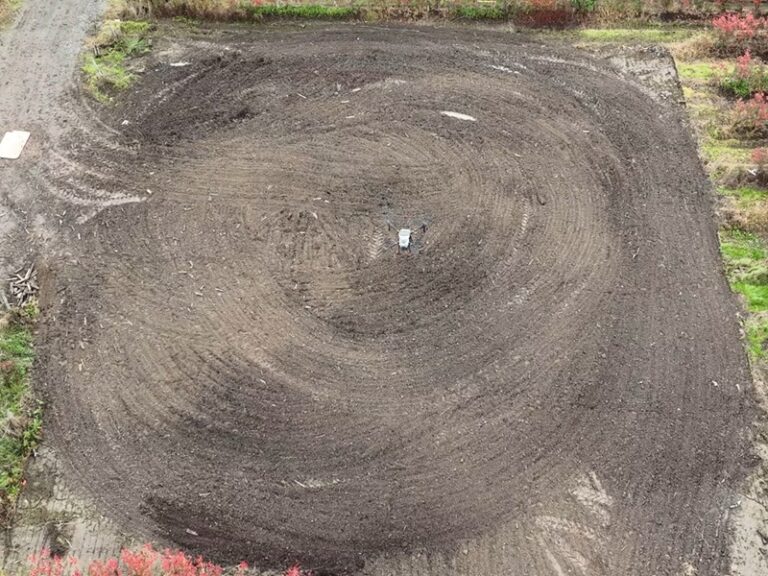
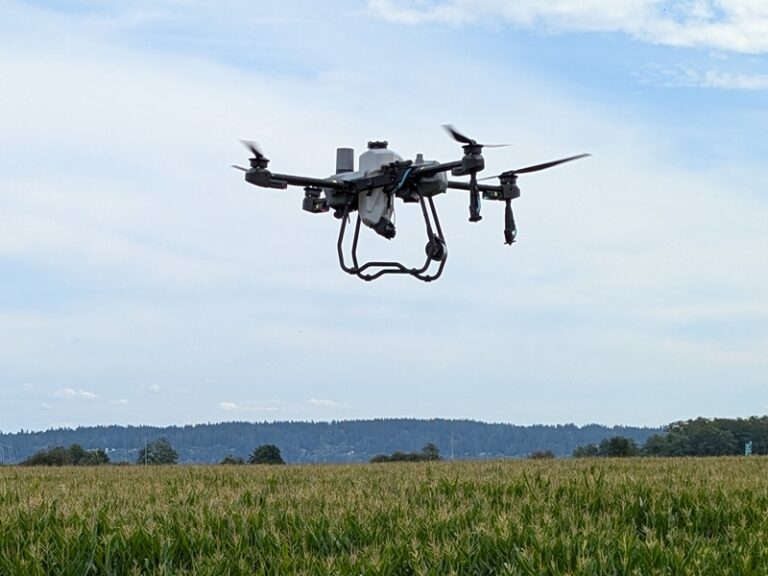
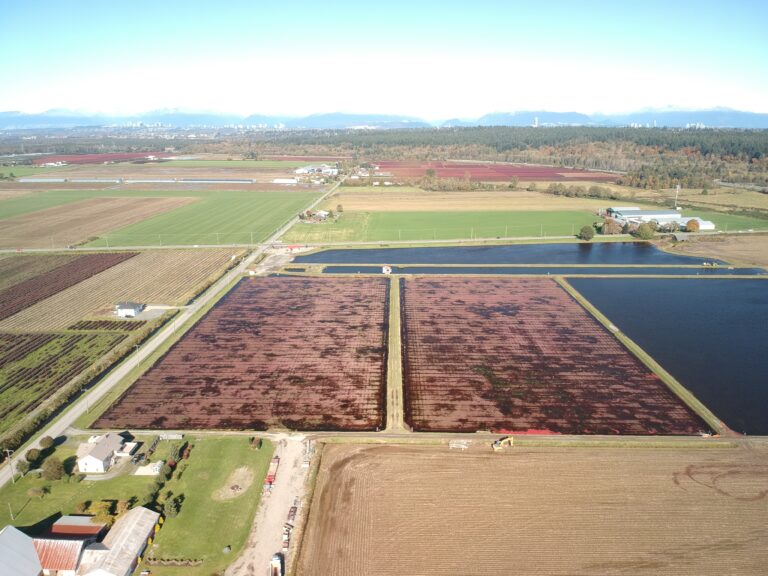
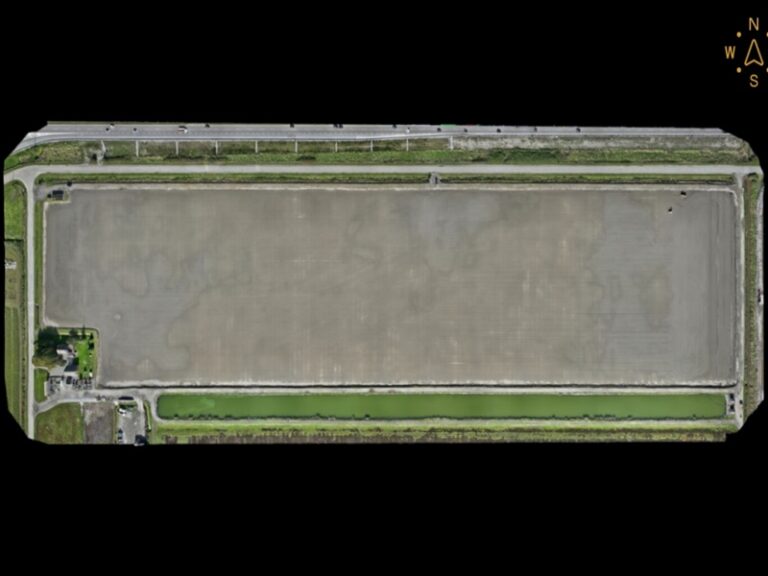
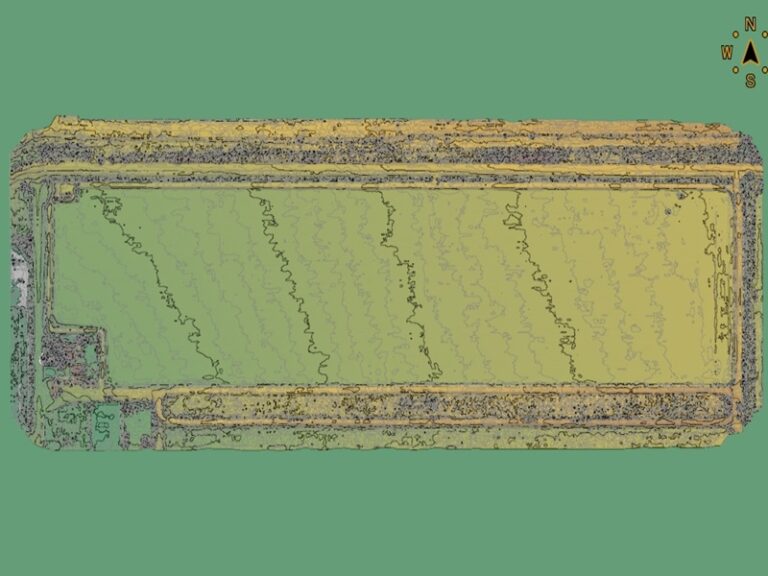
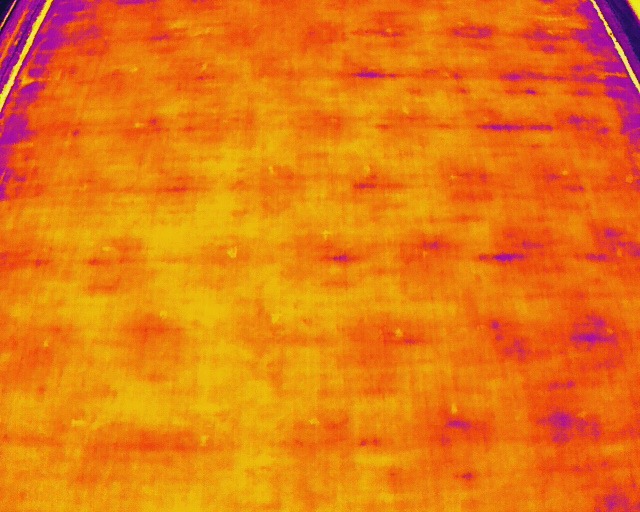
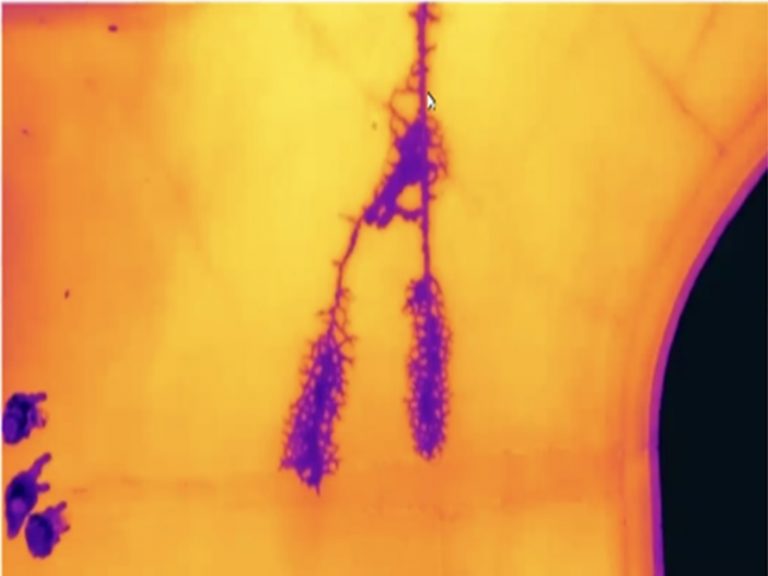
Irrigation and Drainage
Drones help monitor the water consumption needs of the crops by capturing infrared and near-red images that highlight the areas of crops that are experiencing water stress caused by either overwatering or underwatering.
Mapping the field helps to optimize the irrigation schedules ensuring that the water is used efficiently by the plants.
Drones are also used to inspect irrigation systems for leaks or blockages, ensuring that water distribution is consistent across the field and that nothing is being wasted.
Crop Monitoring and Assessment
Drones equipped with Multispectral and Infrared cameras capture images that are then processed to assess your crop’s health.
These images help in detecting diseases, nutrient deficiencies, and water stress by analyzing the reflectance of different wavelengths of light from the plants.
To assess plant health, we use the Normalized Difference Vegetation Index (NDVI): This index is commonly derived from drone imagery to evaluate plant health by measuring the difference between near-infrared (which vegetation strongly reflects) and red light (which vegetation absorbs).
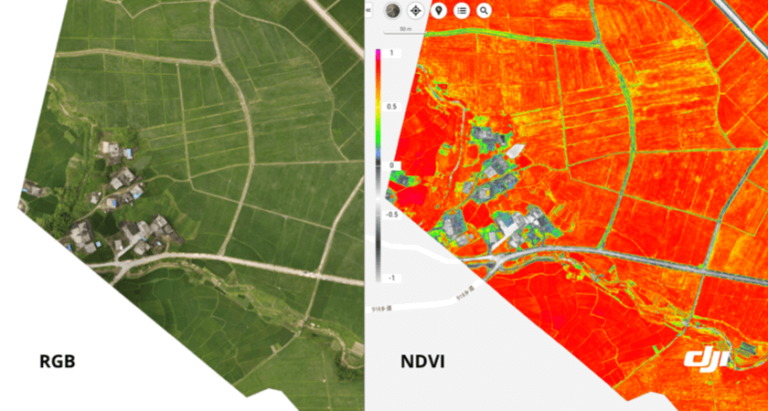
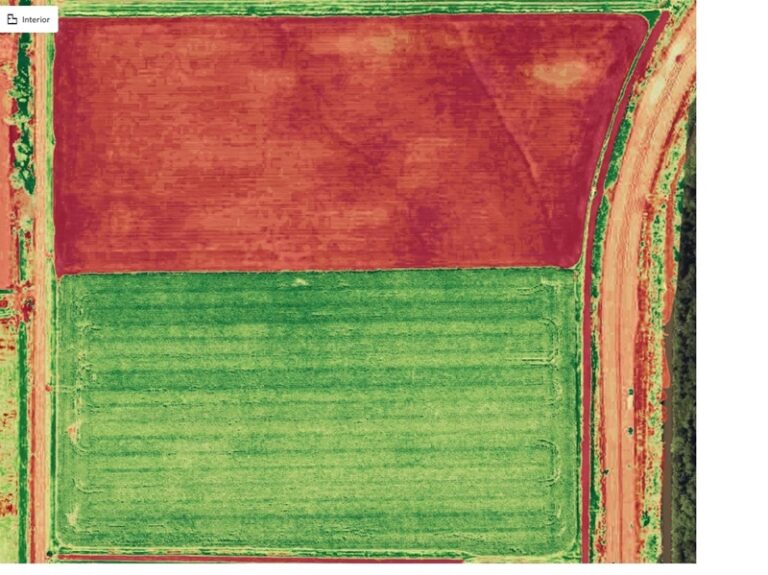
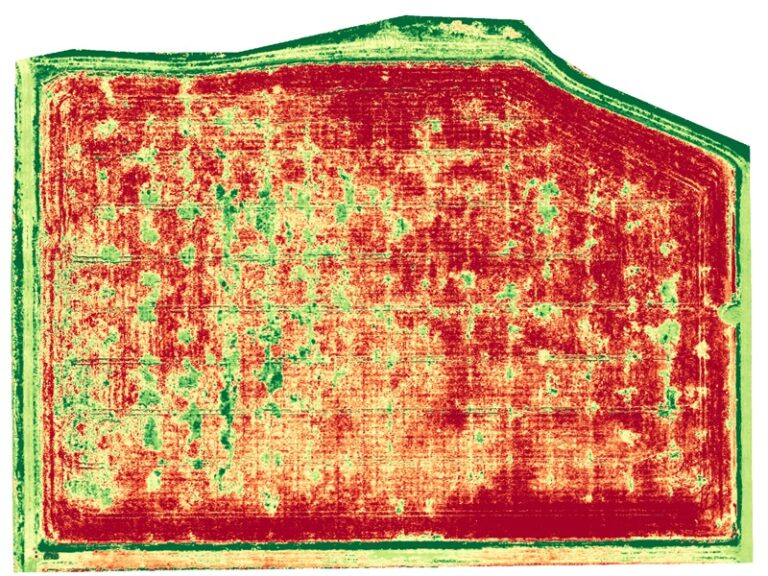
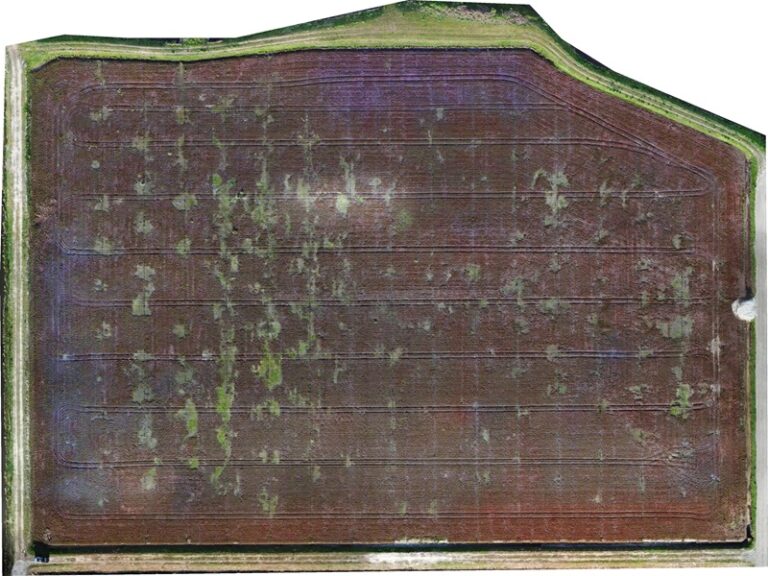
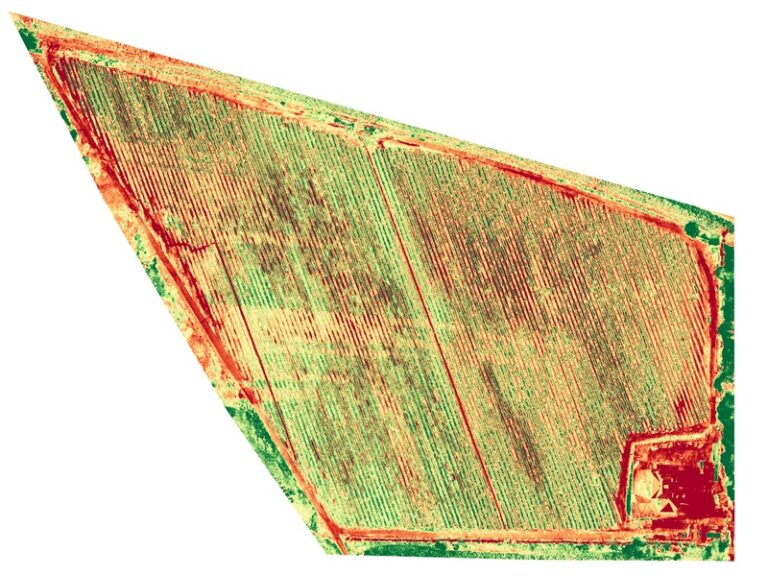
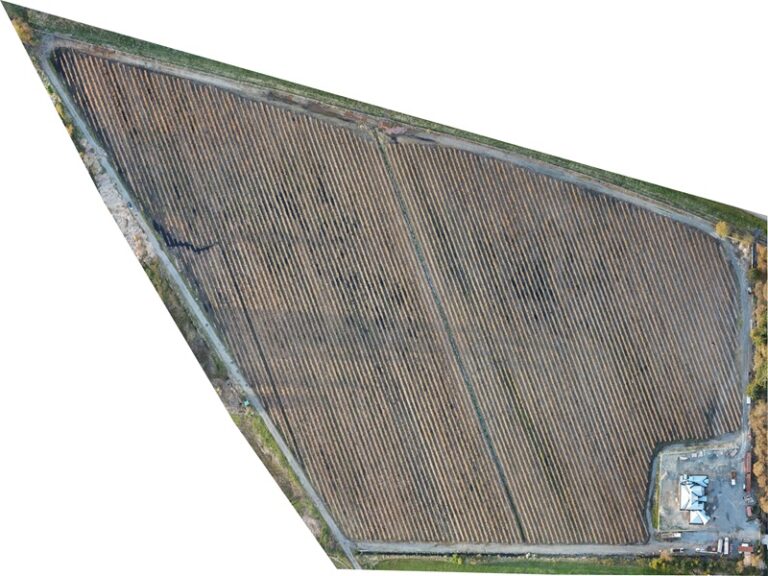
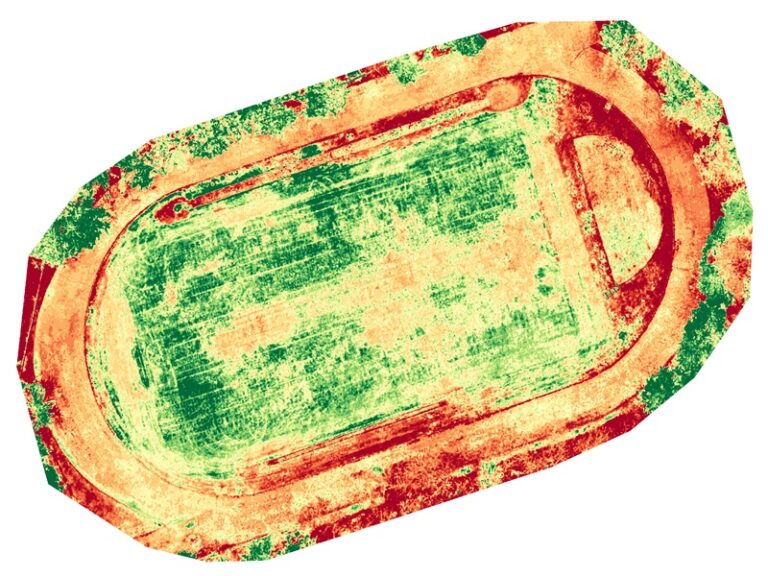
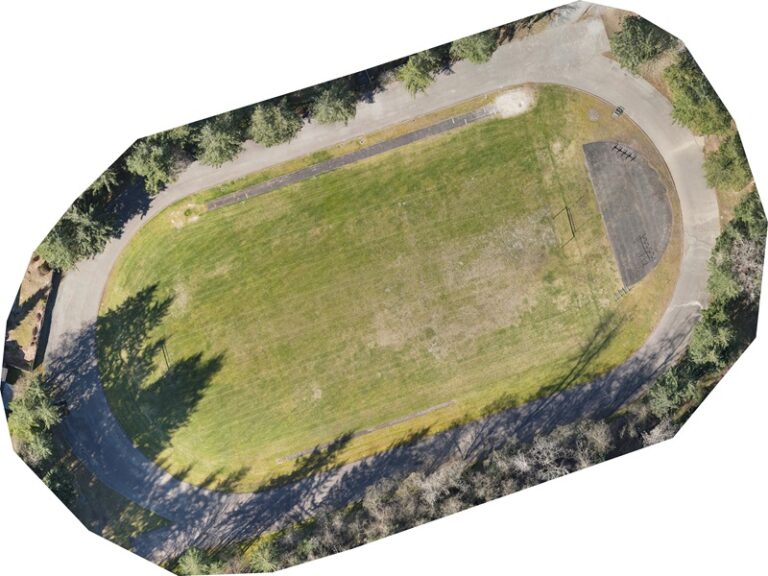
Drones enhance precision agriculture by providing detailed, real-time data on crop health, soil conditions, and water needs, enabling targeted interventions that optimize resource use and increase yields.
They also reduce labor costs and environmental impact through precise spraying, seeding and fertilizing, all the while making farming more efficient and sustainable.
